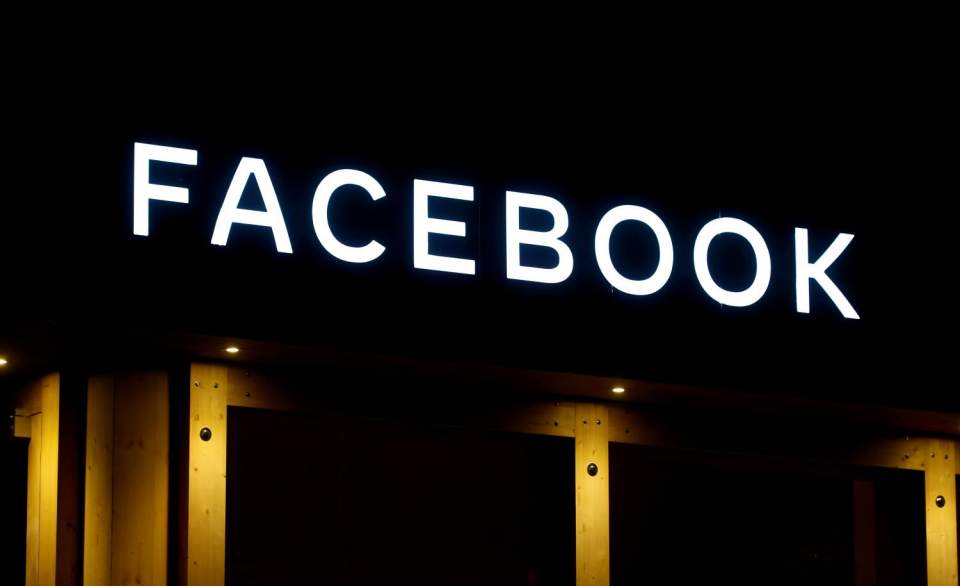Facebook to Ban Posts About Fake Coronavirus Cures
Company says it will also block and restrict hashtags used to spread misinformation on Instagram
Facebook Inc. said it would take the rare step of removing false claims about cures and prevention methods for the coronavirus, in an effort to crack down on misinformation related to the global outbreak.
The announcement on Thursday came shortly after the World Health Organization declared the coronavirus outbreak an international public-health emergency beyond China, where the respiratory virus originated last month.
Facebook said it would also block and restrict hashtags used to spread misinformation on its photo- and video-sharing network Instagram as well as alert users who share or have shared content about the virus that third-party fact-checkers deem false.
The willingness of Facebook to take down false content about the coronavirus stands in contrast to the way the company has handled misinformation about politics and other issues. Facebook said the move was in accordance with existing company rules requiring removal of content that might spark physical harm.
Facebook most recently removed misinformation under this policy in Pakistan last year, when the company and local partners determined that online rumors about the polio vaccine were putting health workers at the risk of physical violence, a company spokeswoman said. At the urging of the Pakistani government, Facebook started removing claims about the vaccine and aid workers.
Facebook said it was focused on posts that discourage treatment or make false claims, such as the idea that drinking bleach cures the coronavirus. Facebook said it would also remove posts that contain confusing claims about what kind of health resources are available.
The company’s position on the coronavirus outbreak underscores the evolving and ad-hoc nature of its stance on whether and how it should monitor the accuracy of content shared on Facebook.
Medical misinformation is one of many longstanding issues for Facebook, which is investing billions of dollars in new technical tools and new staff to help police content. Last year, The Wall Street Journal found that the company was struggling to make good on its promise to root out misinformation about vaccines in the U.S., where public health officials have long described them as safe and effective.
Facebook said it would remove false content about the coronavirus that have been flagged by global health organizations and local health officials. It also said it would share anonymized “mobility data” with Harvard University’s School of Public Health and National Tsing Hua University in Taiwan to help researchers build models to forecast the spread of the virus.
Facebook added that it would take some time for all the different measures to be put in place.




